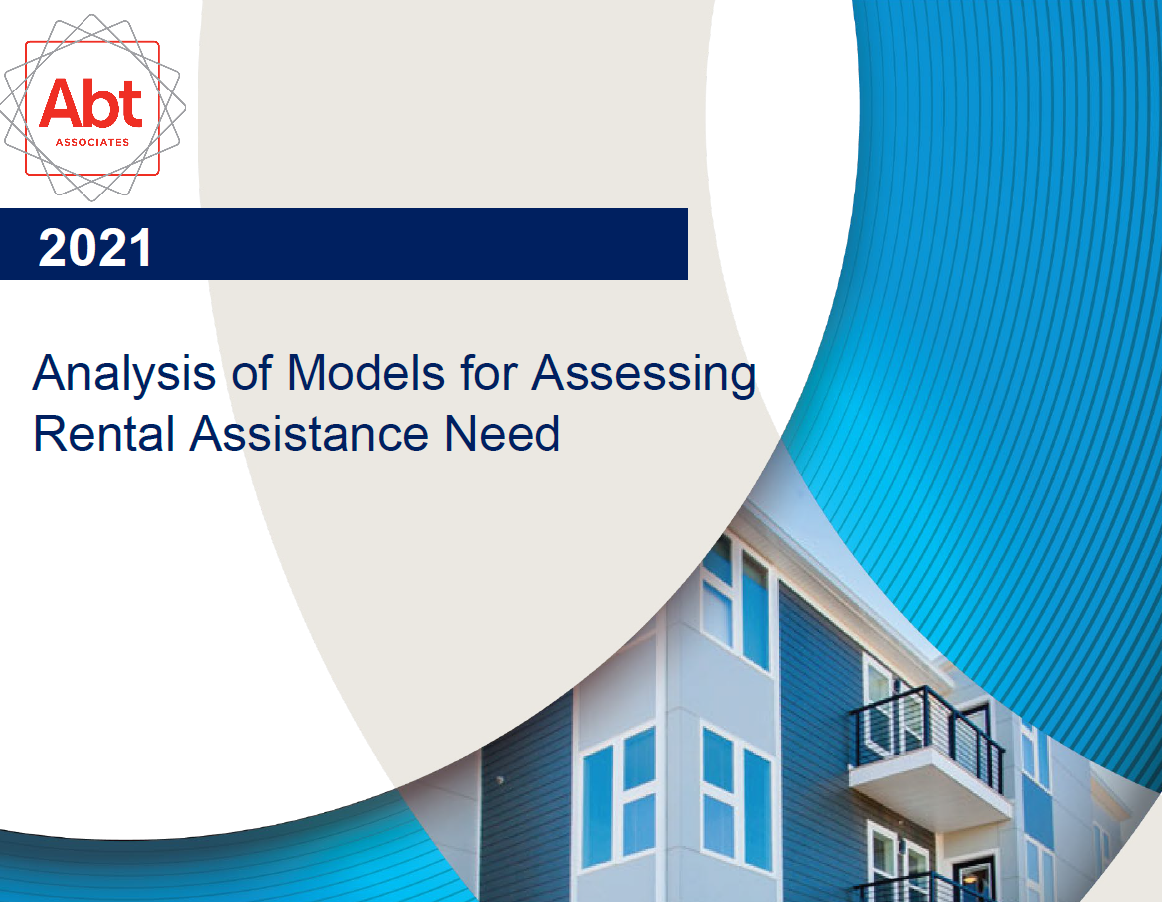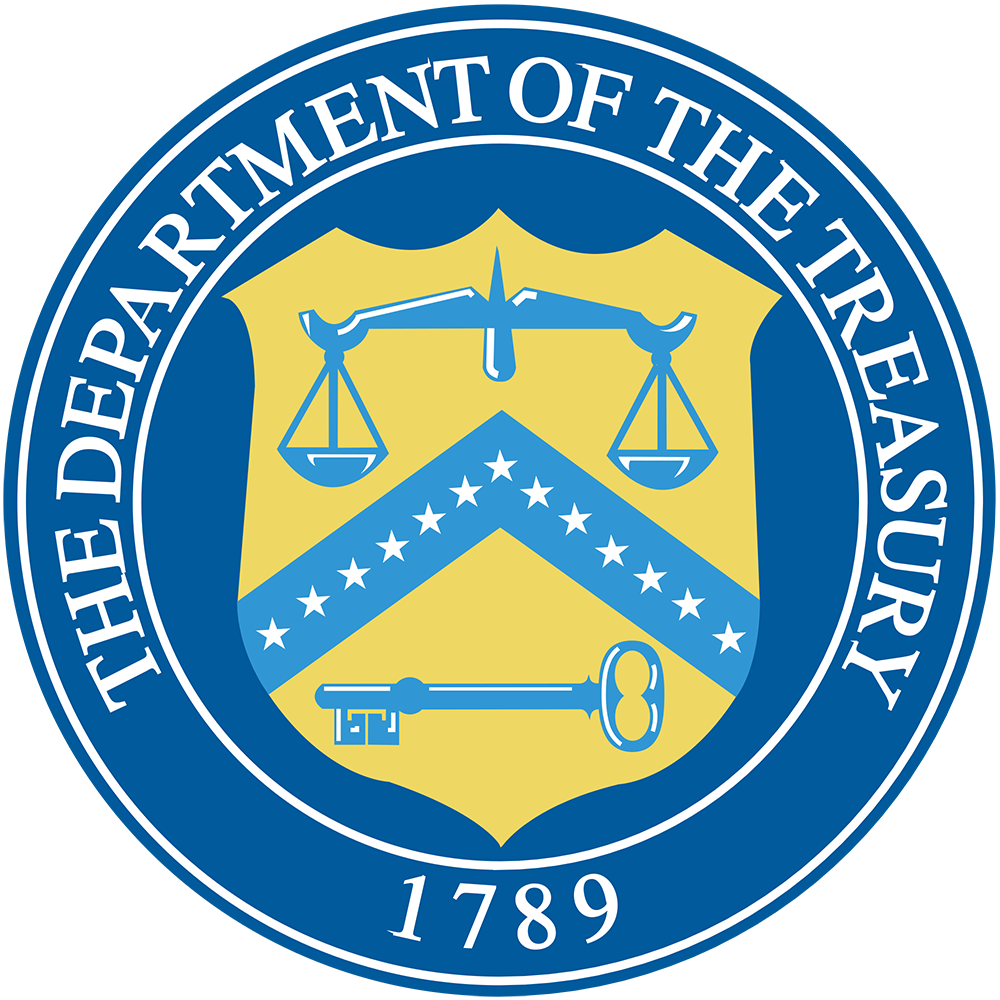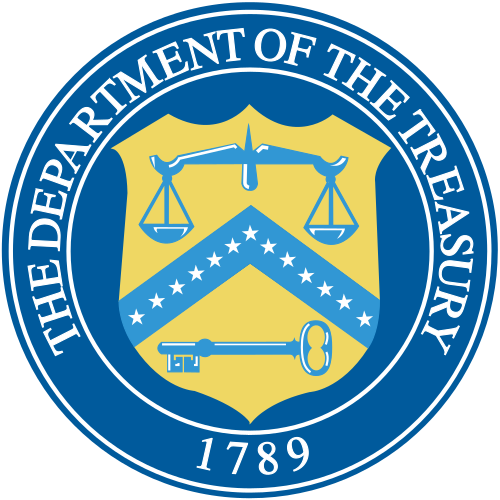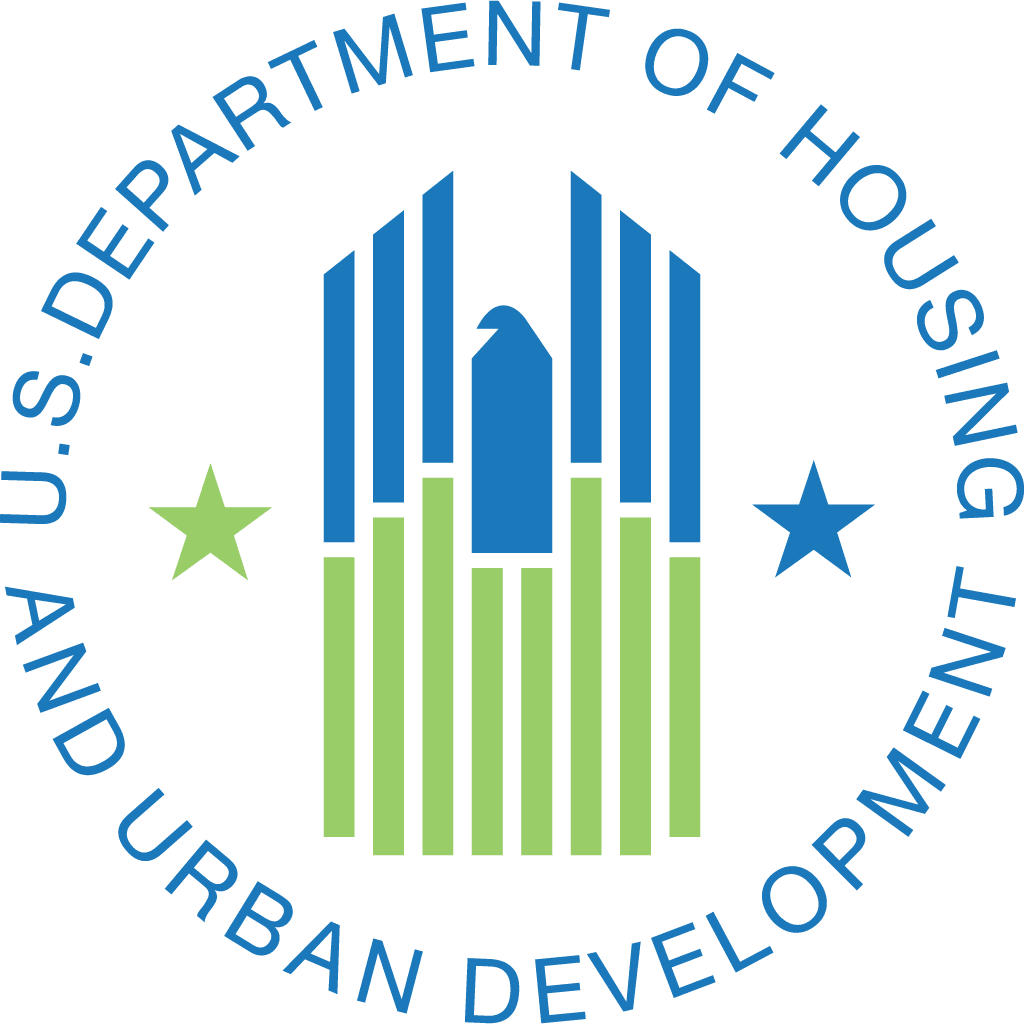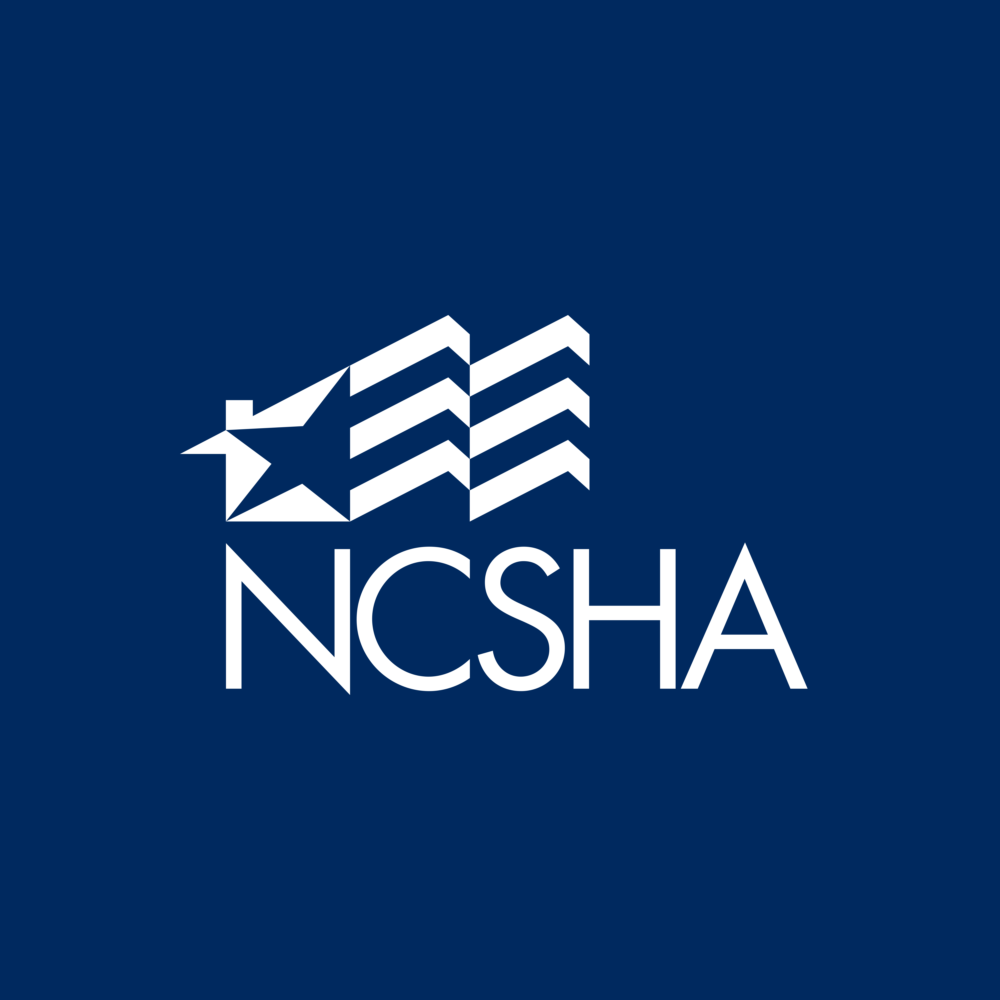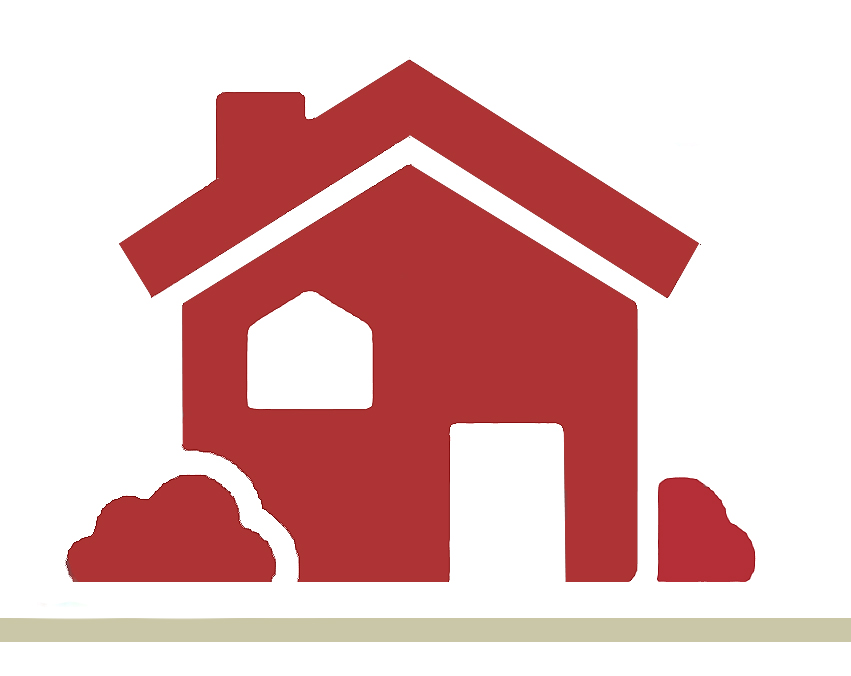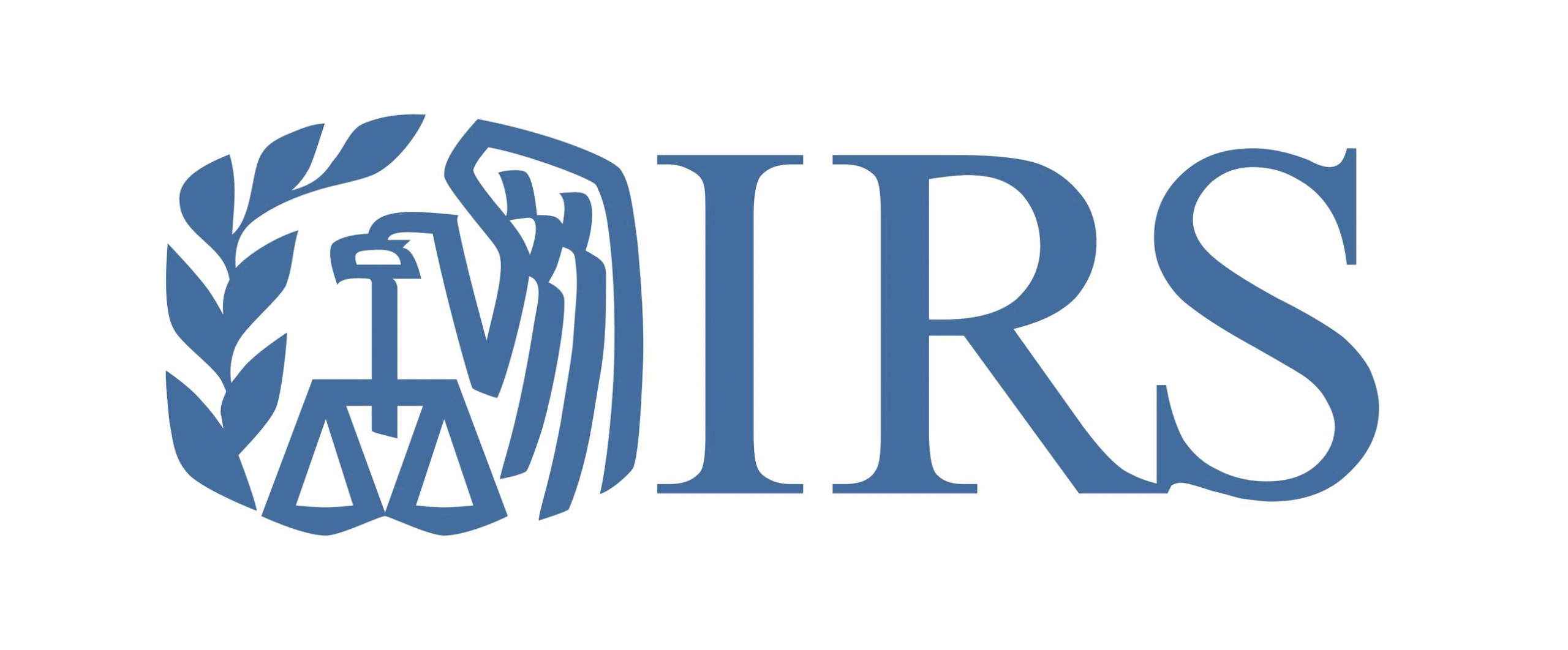NCSHA COVID-19 Blogs, News, and Resources
The most recent NCSHA blogs, news, resources, statements, and talking points for HFAs are available below. For a curated compilation of COVID-19 information, guidelines, and notices published by state HFAs, the Administration, HUD, and other federal agencies, please visit the ![]() COVID-19 Resources and Updates Center.
COVID-19 Resources and Updates Center.
Analysis of Models for Assessing Rental Assistance Need
In this report prepared for NCSHA, Abt Associates presents an analysis of nine estimates of rental debt that were published at different times during the pandemic and compares those estimates to the congressional appropriations and allocations for the Emergency Rental Assistance Programs, ERA1 and ERA2.
U.S. Treasury Department’s Emergency Rental Assistance Program (ERA1 and ERA2) Interim Report, January 1 – October 30, 2021
This downloadable Excel workbook shows Emergency Rental Assistance (ERA1 and ERA2) dollars paid and number of households assisted by state and local grantees over the reporting periods of January 1 - March 31, April 1 – April 30, May 1 – May 31, June 1 – June 30, July 1 – July 31, August 1 – August 31, September 1 – September 30, 2021, and October 1 - October 30.
Emergency Rental Assistance Program Surpasses 2.5 Million Payments to Renters and Landlords
WASHINGTON — State and local governments provided assistance to more than 521,000 renters and landlords in October through the Department of the Treasury’s Emergency Rental Assistance (ERA)...
HUD awards $20 million to 10 organizations for eviction protection and diversion
WASHINGTON - The U.S. Department of Housing and Urban Development (HUD) on Tuesday announced $20 million in inaugural grants from its Eviction Protection Grant Program, the first of its kind for the...
NCSHA Summary of the Neighborhood Homes Investment Act
This summary provides details from the “Neighborhood Homes Investment Act,” text of which was included in the Build Back Better Act that passed the House of Representatives on November 19, 2021.
NCSHA Washington Report | November 19, 2021
Data from several new reports illustrate a remarkable resilience among affordable rental properties and landlords more than 18 months into the pandemic. CohnReznick’s latest biennial...
NCSHA Letter to Treasury on Quarterly Reporting
This letter, sent by NCSHA to the Treasury Department on November 16, 2021, urges Treasury to provide a blanket extension for Emergency Rental Assistance quarterly reports until such time as the department is able to streamline quarterly reporting requirements, provide grantees with technical assistance on reporting, and fix technical problems in Treasury’s ERA reporting portal.
FHA Releases 2021 Annual Financial Report to Congress: Capital ratio remains above statutory minimum benefitting from rapid home price appreciation and a steady recovery from COVID-19 pandemic delinquencies.
WASHINGTON - The U.S. Department of Housing and Urban Development (HUD) today released its fiscal year (FY) 2021 report to Congress on the financial health of the Federal Housing Administration...
NCSHA Washington Report | November 12, 2021
While the short-term economic effects of the $1 trillion infrastructure bill President Biden plans to sign Monday are a subject of debate, most analysts expect the Infrastructure Investment and...
CHCDF Sign-On Letter to Congress Urging Enactment of the Build Back Better Act
On November 10, 2021, the Campaign for Housing and Community Development Funding, of which NCSHA is a member, sent this letter to congressional leadership urging them to quickly enact the $154 billion investments in critical housing and community development investments in the Build Back Better Act.
IRS Revenue Procedure 2021-47: Tax Treatment and Reporting Requirements for HAF Assistance
Internal Revenue Service Revenue Procedure 2021-47 addresses the federal tax status and reporting requirements for assistance payments made to homeowners through the Homeowner Assistance Fund (HAF). The Revenue Procedure states that assistance payments made to homeowners under HAF are not considered gross income for federal tax purposes, but instead qualify as disaster relief payments. Consequently, beneficiaries will not have to pay taxes on qualified assistance received through HAF.
NCSHA Washington Report | November 5, 2021
Candidate Biden promised to “close loopholes that would allow [nonbank financial institutions] to avoid lending and investing in all of the communities they serve.” President Biden’s White...


